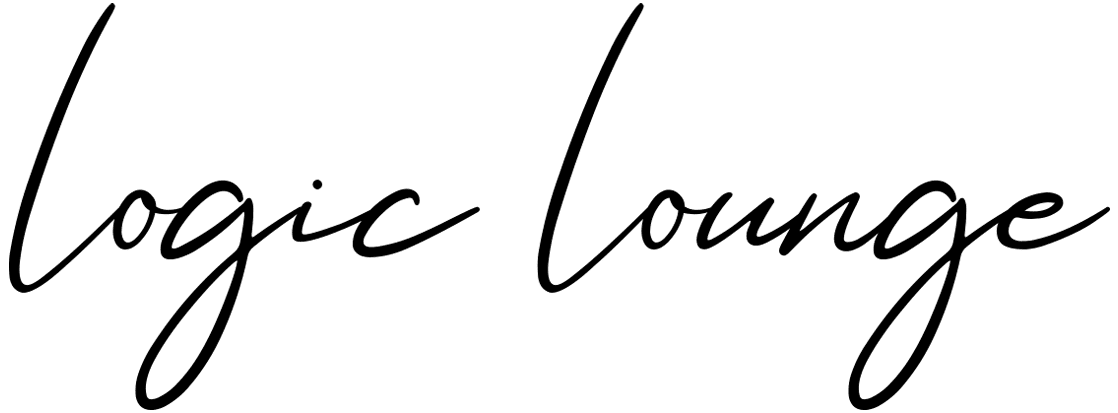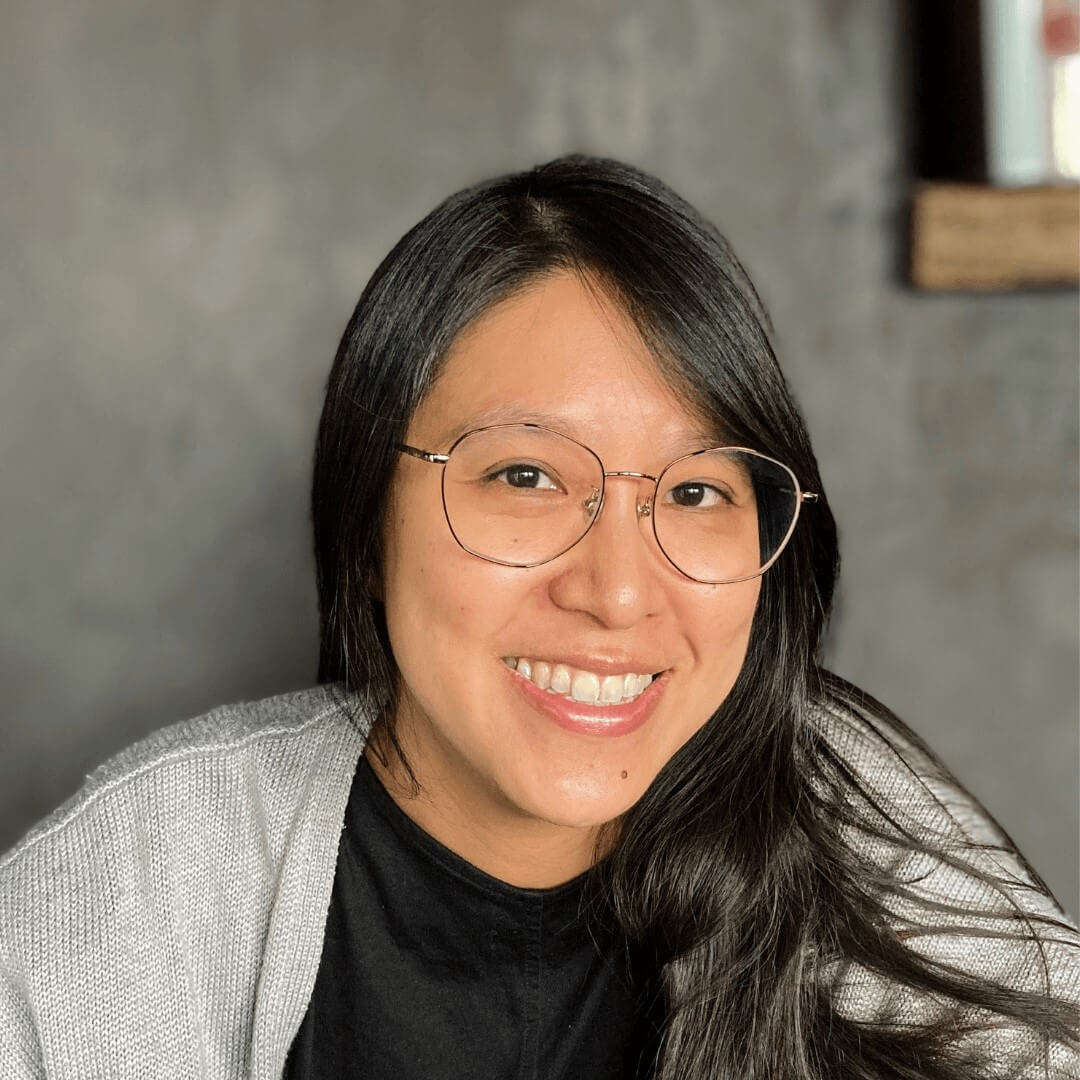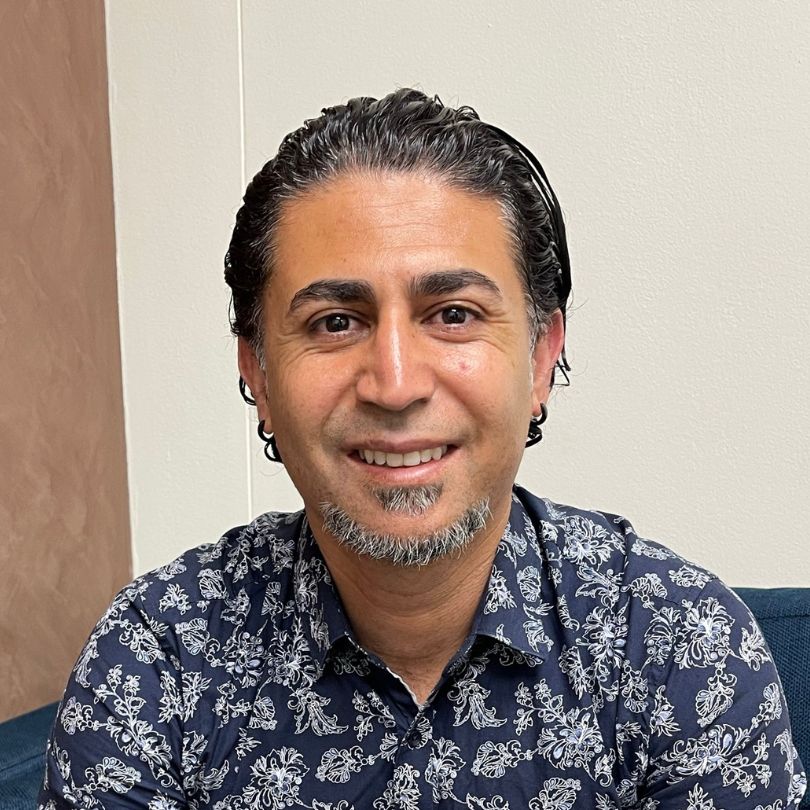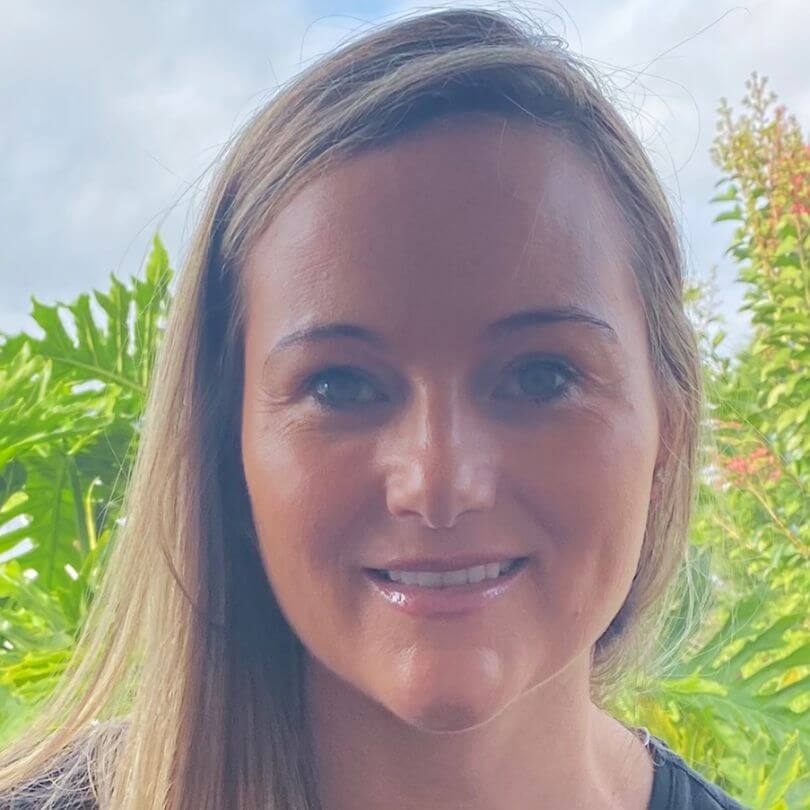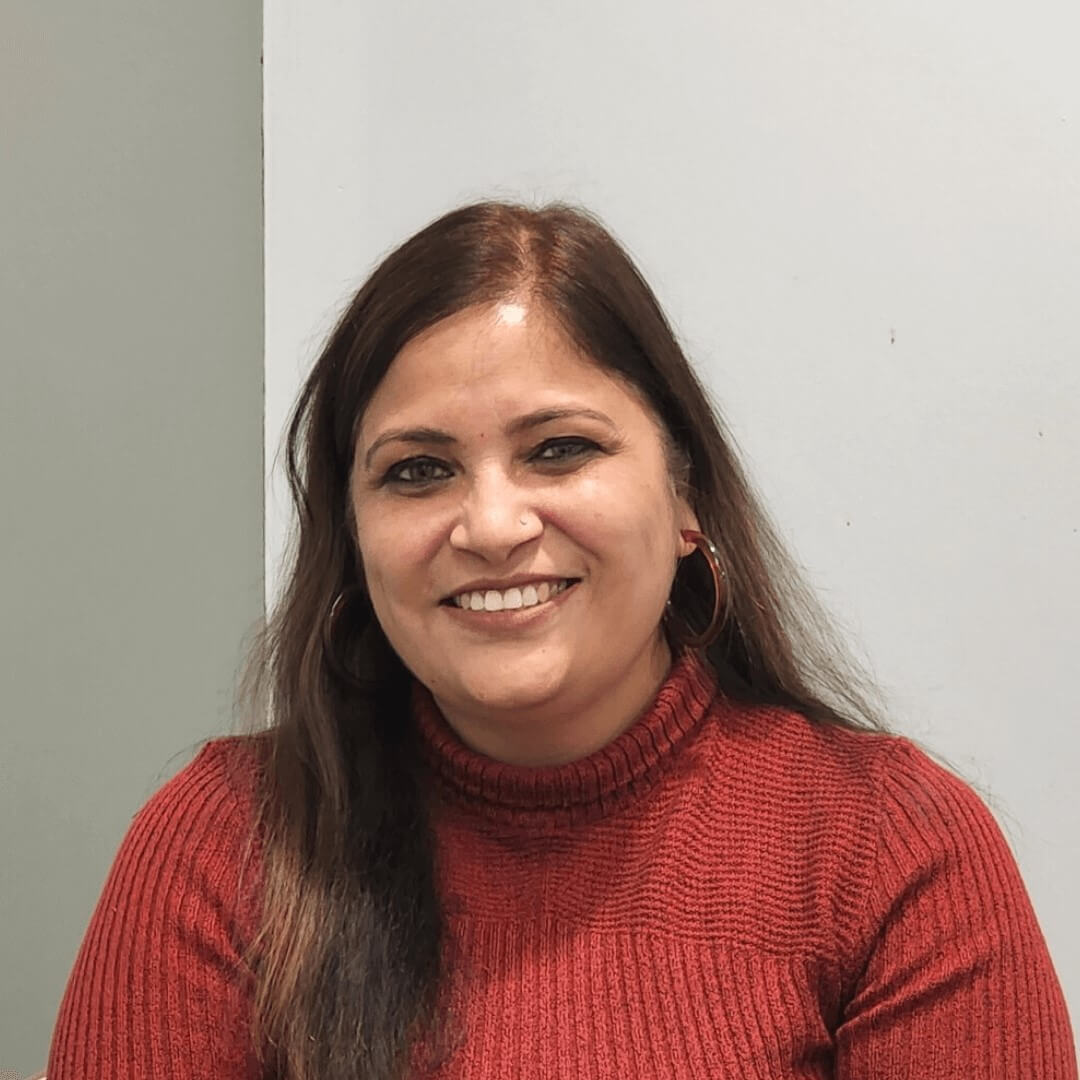Hope and Healing for Those Living with Eating Disorders
Eating disorders are complex mental health conditions that affect the way a person thinks and feels about food, eating, and their body.
People living with eating disorders may experience intense preoccupation with weight, shape, or food, and these thoughts can significantly impact their daily lives, relationships, and overall well-being.
At Logic Lounge, we understand that seeking support for an eating disorder can feel overwhelming. Our psychologists provide a compassionate, evidence-based approach to help you or your loved one navigate recovery and regain a healthier relationship with food and body image.
Common Types of Eating Disorders
Eating disorders can appear in different forms, and everyone’s experience is unique. Some of the most common types include:
- Anorexia Nervosa – Characterised by severe food restriction, an intense fear of gaining weight, and a distorted body image.
- Bulimia Nervosa – Involves cycles of binge eating followed by behaviours to compensate, such as vomiting or excessive exercise.
- Binge Eating Disorder – Marked by repeated episodes of eating large amounts of food quickly, often accompanied by feelings of guilt or loss of control.
- Avoidant/Restrictive Food Intake Disorder (ARFID) – When someone avoids or restricts food intake due to sensory sensitivities, fear of choking, or lack of interest in food.
Our approach focuses on helping clients rebuild a balanced and compassionate connection with food and their bodies. We draw on approaches such as Cognitive Behavioural Therapy (CBT), Acceptance and Commitment Therapy (ACT), and schema-focused interventions to address the emotional and cognitive patterns linked to eating concerns.
For many people, difficulties with eating habits are closely tied to body image issues. You can learn more about this in our Body Positivity page, where we explore how developing a healthy sense of self and body acceptance can support recovery and overall well-being.
No matter the type or severity, every eating disorder deserves care and understanding.
Our Psychologists & Counsellors for Eating Disorder
How Logic Lounge Can Help
Recovery from an eating disorder often requires more than willpower or dietary advice. At Logic Lounge, our team provides a safe and supportive space to explore the thoughts, emotions, and experiences that may be driving unhealthy eating patterns.
Our psychologists use evidence-based therapies such as:
- Cognitive Behavioural Therapy (CBT) – Helps challenge unhelpful thoughts about food, weight, and self-image.
- Acceptance and Commitment Therapy (ACT) – Encourages self-compassion, mindfulness, and values-based living.
- Family-Based Therapy (FBT) – Supports families in understanding and assisting their loved one’s recovery journey.
Treatment is always personalised, focusing on small, sustainable steps toward long-term wellbeing.
Supporting Recovery Together
We know that recovery can be a gradual process. Our role is to walk alongside you—helping you build coping skills, manage triggers, and develop a more balanced and compassionate relationship with yourself.
Whether you’re noticing early signs of disordered eating or have been struggling for some time, it’s never too late to seek support. With the right help, recovery is possible.
Begin Your Journey Toward Healing
If you or someone you care about is struggling with an eating disorder, reaching out for professional support can make a real difference. Our team at Logic Lounge offers confidential, understanding, and evidence-based care to help you take the next step toward recovery.
Book an appointment today to start your journey toward healing and reclaiming your wellbeing.
Find the right Psychologist for you
Our find a psychologist search tool allows you to easily find a psychologist or counsellor, tailored to your area of concern, your preferred language and the location that might be closest to you.
Frequently asked questions
Can I see a psychologist online?
Yes. We offer secure telehealth (video call & phone call) appointments.
Do I need a referral?
No referral needed—you can book directly. A GP referral may help you access Medicare rebates.
